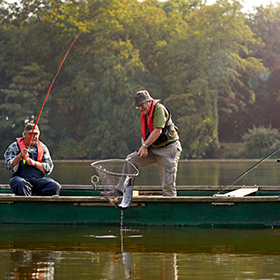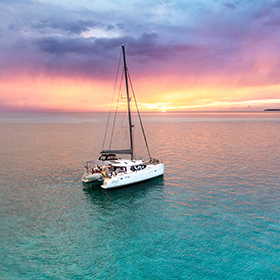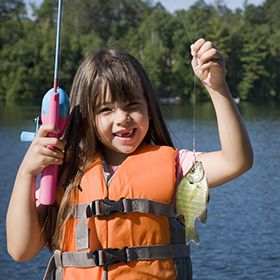Between the states, there are differing terms regarding boat operation requirements. For example, an actual boating license may not be needed but almost all states require some form of proof of completion of a boat safety course. Here’s more.
What is a boating license?
Definitions differ from state to state so before you start worrying about how long does it take to get a boat license, investigate your state’s website that handles boat registration and see if a boat license even exists in that state to try to avoid confusion.
For example, I randomly looked up Maine on the subject of do you need a license to drive a boat. The answer is well, not exactly. However, you do need to acquire a “boater education card.” Some states may issue something called a “boater safety education certificate” instead.
How long does it take to get a boating license?
The answer is partially dependent on the time it takes to complete a state approved boater safety course. Getting a boating license or education card can be accomplished in a classroom setting or online, at your own pace. Thus, the actual course time concerning how long does it take to get a boat license varies. One state’s classroom instruction may be 6 hours; I completed an online course probably in half that time but frankly, parts of the in-person format might have stuck better.
Do you need a boating license to rent a boat?
Again, this answer varies greatly by state, age, boat size and such. Although it may not technically be called a license, being able to show that you have completed a boating safety course should allow basic boat rentals in most states. Plus, this course teaches valuable up-to-date information that helps to keep you, your passengers, and other boaters safe.
If the training is done online, the official card may take several weeks to arrive but a temporary certificate can be printed if you find yourself in a pinch for time. Getting a boating license isn’t that difficult. Just follow the steps provided by your specific state’s website. As the wise saying goes, “it is better to have it and not need it, than to need it and not have it.”









